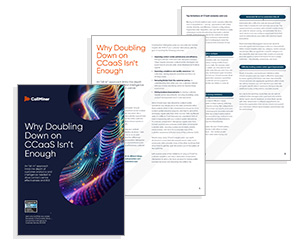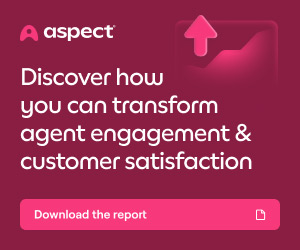With increases in living costs, as well as rising inflation, a significant number of people are now living in debt or experiencing problems paying their bills.
Research indicates that, as a direct result of the rising cost of living, over 57% of people are already struggling financially and it’s likely that number will only increase.
That’s why it’s more important than ever to understand your customers’ situations and identify those who are vulnerable and need more support.
Organizations have more data than ever to help them identify these in-need customers, and support them in avoiding late payments. In doing so, organizations can increase propensity to pay, including for the more than 57% of people who are already struggling financially.
How Can Organizations Increase Propensity to Pay?
One in 5 financially vulnerable customers are now in arrears. So, how can organizations remain resilient in this ever-changing landscape?
With access to data insights, organizations can identify customers who are at risk of not payment, segment them out from those who can, and then manage them to ensure appropriate solutions are provided, case-by-case.
For example, by gaining insights into customer behaviors, such as a long string of on-time payments and only recent late payments, organizations can make better decisions about how to handle customers who may be struggling.
Further, your contact centre agents, who are most likely to engage with your vulnerable customers, can be better coached and trained to display necessary empathy.
With AI-powered tools, like conversation intelligence, you can identify words, phrases and acoustic qualities that demonstrate vulnerability, and then alert agents in real time to better support agents through their conversations.
How Can AI Help?
For organizations looking to deliver the best customer experiences and outcomes possible, they need access to technology that helps them uncover insights into the how, why and when of customer circumstances. These insights can drive improvements, such as:
- Streamlining and automating processes, allowing for a more informed, unbiased actions to be taken.
- Sharing best practices enterprise-wide, to benefit from understanding areas of concern or success. For example, specific use of language by successful collections agents, common objections from debtors, and how they’re best overcome.
- Identifying patterns that indicate potential late or non-payers, enabling you to implement a proactive, not reactive, strategy.
- Customer segmentation, highlighting customers who are most likely to pay, when they pay, and when customers don’t, such as correlations between when someone pays (e.g. mid-month) and successful rate of payment or if a customer regularly has 3rd parties ( family members) pay on their behalf.
Including AI in your collections strategy allows you to gain deeper insight into your customers financial situation that helps improve experiences and loyalty, while also supporting your organization’s long term business performance and growth.
This blog post has been re-published by kind permission of CallMiner – View the Original Article
For more information about CallMiner - visit the CallMiner Website
Call Centre Helper is not responsible for the content of these guest blog posts. The opinions expressed in this article are those of the author, and do not necessarily reflect those of Call Centre Helper.
Author: CallMiner
Published On: 30th Jun 2022
Read more about - Guest Blogs, CallMiner






 CallMiner is the leading cloud-based customer interaction analytics solution for extracting business intelligence and improving agent performance across all contact channels.
CallMiner is the leading cloud-based customer interaction analytics solution for extracting business intelligence and improving agent performance across all contact channels. 












